Animal welfare activists in East Africa region continue to call on governments to ban on cage system in poultry farming terming the system as going contrary to the rights of a number of birds reared especially chicken.
The battery cage system is a type of intensive poultry housing system in which chickens are kept in compartment units.
The latest in joining the push for the abandonment of this system that is gaining root in Africa is Uganda Vegan Society.
Through its executive director, Innocent Nabaasa, they say that hens have a right to live naturally just like humans and other animals in the wild describing the caged system as inhumane.
“Due to increased poultry products consumption and the fact that the West is now dumping the battery cages in Africa, the hens welfare has been compromised,” she said during a workshop organized by the society in Kampala last week under their awareness campaign dubbed ‘Free the Hen’.
The activists argue that in Europe and other developed countries the system has been shunned upon realisation that they are detrimental to the welfare of hens hence Ugandans need to take the same route.
The aim of the workshop was to sensitise various stakeholders from Kampala including poultry farmers, traders and hotel managers on why the rights of chicken should be taken care of.
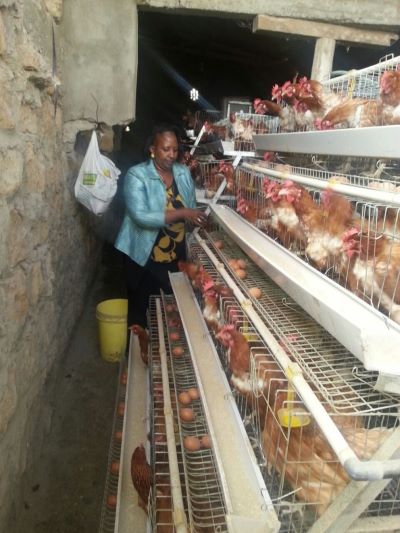
Creating awareness
Uganda Vegan Society is also striving to create awareness about the need to transition from consumption of animal or chicken products to plant-based diets especially for the wellbeing of these hens.
“If you reduce this consumption of chicken meat, maybe farmers will not be desperate to rare hens for three months and force them to start laying eggs but instead they will let hens live naturally because the demand has reduced,” said Nabaasa.
Beyond advocating for animal welfare, she noted that some of the hens being kept in battery cages are fed on antibiotics which have negative impacts on health.
The vegan society hopes that through continued engagements with supermarket and restaurant owners, they can make cage-free commitments and stop buying eggs from battery cages.
In Kenya
Similar calls have also been made by their counterparts from Kenya urging farmers to make right choices in poultry rearing by phasing out the use of battery cage system from their supply chains.
Aurelia Adhiambo, animal advocate from Kenya and the Opening Alliance Africa coordinator said that the need to make maximum profit out of the venture using limited resources have been pushing farmers to go cage system but disregarding the welfare of the birds.
“We want to urge policy makers to take animal welfare, particularly that of hens seriously not for the birds alone but also for the welfare of the society because the caged system has issues to do with public health and the environment,” said Adhiambo.
Hiding the call
In a move that indicating farmers have started hiding the call, Kiambu Poultry Farmers Cooperative Society during World Environment Day on June 5, called on Kenya’s Agriculture and Livestock Cabinet Secretary Mithika Linturi to outlaw caged poultry farming in the country.
“Caged poultry farming denies chicken the ability to express natural behaviors, such as perching, dust bathing, and foraging. These conditions lead to immense suffering, stress, and compromised welfare for the birds. It is imperative that we prioritize the ethical treatment of animals and transition towards more humane and sustainable farming methods,” said Zachary Munyambu, the cooperative secretary.
Alternative methods
According to Dr. Victor Yamo, Farming Campaigns Manager at World Animal Protection Africa farmers should instead adopt alternative systems such as free-range farming and enriched cage systems that allow birds to exhibit natural behaviors and lead healthier lives.
“By taking this crucial step, farmers and leaders in the region will demonstrate its dedication to upholding animal rights, safeguarding the environment, and setting a positive example for the African continent. Together, we can create a more compassionate and sustainable future for both animals and humans,” said Yamo.


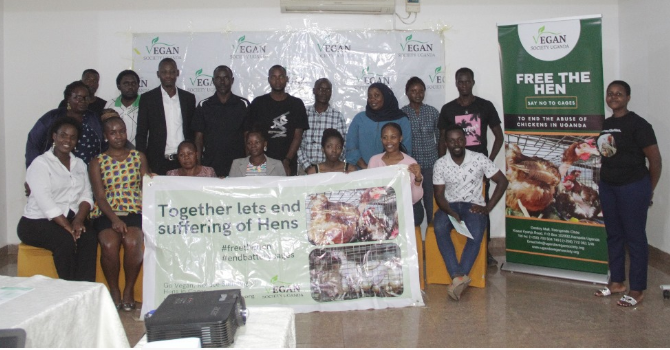
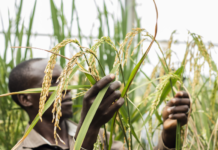
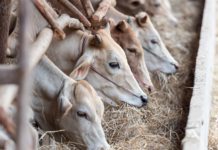
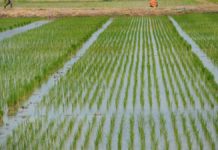
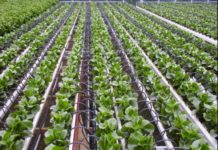


J’aimerais postuler pour le financement
Comments are closed.